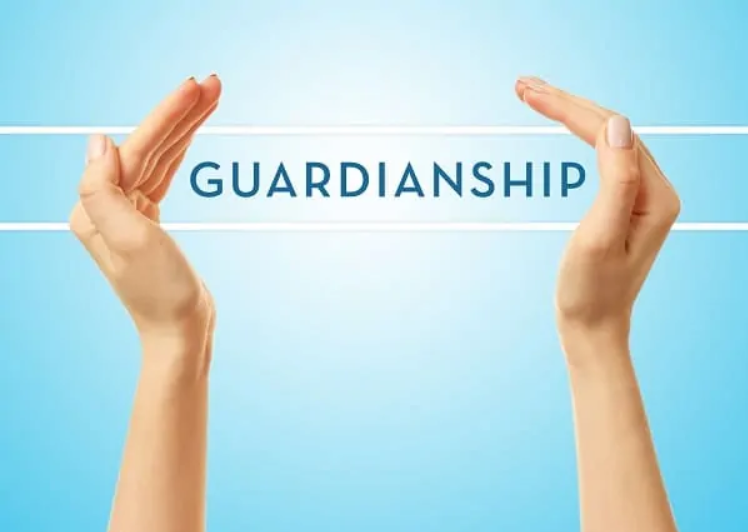When it comes to family law, guardianship is a crucial area that often requires a delicate balance of responsibility and care. Whether it’s for minors or incapacitated adults, understanding the nuances of guardianship can help families navigate these complex legal waters with confidence and compassion. In this blog post, we’ll delve into the role and responsibilities of a legal guardian, the process of appointing a guardian, and the key differences between guardianship and adoption. We’ll also cover how to terminate or transfer guardianship and the legal rights of guardians and wards.
The Role and Responsibilities of a Legal Guardian
A legal guardian is an individual appointed by the court to care for another person, known as the ward, who cannot care for themselves. This could be a minor child or an incapacitated adult. The guardian’s responsibilities vary but generally include making decisions about the ward’s education, healthcare, and living arrangements. In some cases, guardians may also manage the ward’s finances.
Guardianship is a significant responsibility, as it requires always acting in the best interests of the ward. This means ensuring their physical, emotional, and financial well-being. Guardians must also provide regular reports to the court about the ward’s status. And any significant decisions made on their behalf.
How to Appoint a Guardian
The process of appointing a guardian through Castro Law Offices typically involves several steps:
- Filing a Petition: The interested party must file a petition with the court to appoint a guardian. This petition should include reasons why the guardianship is necessary and information about the proposed guardian.
- Notification: The guardianship proceedings must be notified to all interested parties, including the ward (if they are capable), family members, and sometimes the ward’s current caregivers.
- Court Investigation: The court may order an investigation to evaluate the proposed guardian’s suitability. This often includes background checks and interviews with the proposed guardian and the ward.
- Hearing: A court hearing will be held, during which the judge will review all evidence and hear from interested parties. The judge will then decide whether to appoint the proposed guardian.
- Issuance of Guardianship Order: If the court approves the petition, an official guardianship order is issued, granting the guardian legal authority to act on behalf of the ward.
Differences Between Guardianship and Adoption
While both guardianship and adoption involve caring for another person, they are legally distinct processes:
- Guardianship does not terminate the biological parent’s legal rights. Instead, it temporarily transfers specific responsibilities to the guardian. The parents may still have visitation rights and may be required to provide financial support.
- Adoption permanently terminates the biological parent’s rights and transfers all parental rights and responsibilities to the adoptive parents. This creates a permanent legal relationship as if the child were born to the adoptive parents.
Terminating or Transferring Guardianship
Guardianship can be terminated or transferred under certain circumstances:
- Termination: Guardianship may be terminated if the ward becomes capable of caring for themselves, reaches adulthood (in the case of minors), or if the guardian can no longer fulfill their responsibilities. The court must approve the termination, ensuring it is in the ward’s best interest.
- Transfer: Guardianship can be transferred to another individual if the current guardian can no longer serve. This process is similar to the initial appointment, including filing a petition, notifying interested parties, and obtaining court approval.
Legal Rights of Guardians and Wards
Guardians have the legal right to make decisions on behalf of their ward, but they are also held to a high standard of care and accountability. They must act in the ward’s best interests and can be held legally responsible for any negligence or misconduct.
Conversely, wards retain certain rights, such as the right to be treated with respect and the right to have their preferences considered. In some cases, wards may have the right to petition the court for changes in their guardianship arrangements.
Conclusion
Guardianship is a vital legal arrangement that ensures vulnerable individuals receive the care and support they need. Whether you’re considering becoming a guardian or navigating the process for a loved one, understanding your rights and responsibilities is essential. By being informed and prepared, you can make decisions in the best interest of those who need your care and protection. If you have any questions or need legal assistance regarding guardianship. It’s always best to consult with a family law attorney who can provide expert guidance tailored to your specific situation.

